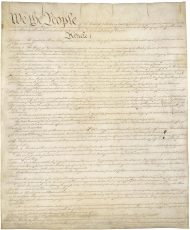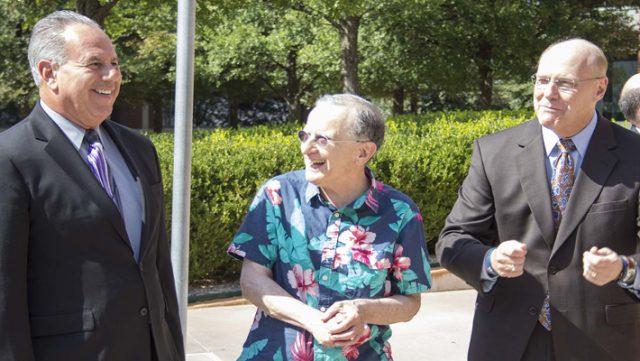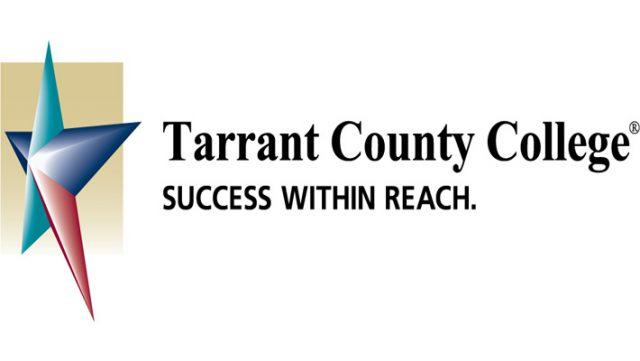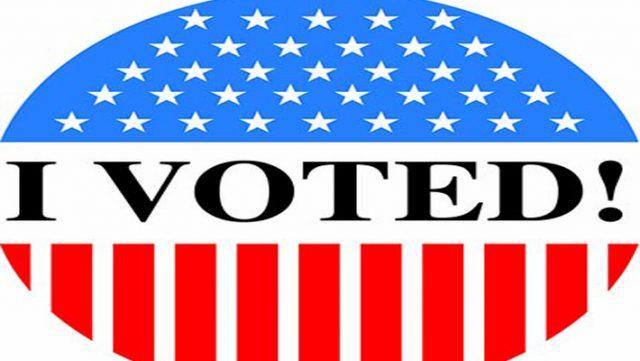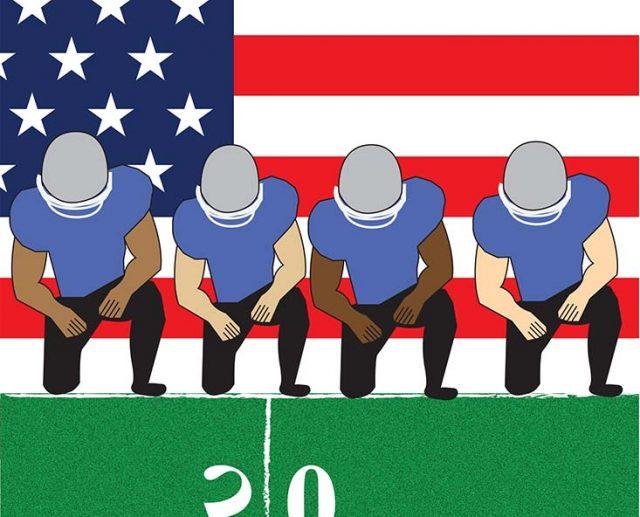NE students had some of their misconceptions about the Electoral College clarified Sept. 22.
“I am concerned about the misconceptions that a lot of people, not just students but people in general, have about the Electoral College and its power to dictate who the president is going to be. It’s pertinent information because the election is so close,” said government assistant professor Leigh-Anne Regenold.
“The Electoral College is just a group of people doing what we tell them to do. Although they have a small amount of constitutional leeway, they realistically are just carrying forth the will of people in any given state,” she said.
To help students overcome their presumptions, she spoke about some U.S. forefathers and the original intent of the Electoral College. To avoid popular election, she said they instituted the Electoral College.
“The Electoral College was a compromise in fear of mob rule. Our forefathers were wealthy, educated men, Regenold said. “They saw the general public as excitable and not to be trusted with a general election of the chief executive.”
The Electoral College is made up of 538 electors. Each state’s allotment equals the number of members in its congressional delegation — one for each member in the House of Representatives plus two senators, Regenold explained.
The electors were supposed to be educated men from their representative communities, who participated in local government.
“We were supposed to be electing men who we knew and trusted to select the president for us,” she said.
Each party chooses their electors. They go to the state capital, they vote and the governor submits the ballot, Regenold said.
“We have no national election in the United States,” she said. “Every election is based within the states. The states maintain power within their state as long as they are not violating any federal voting rights.”
The Founding Fathers created this system because they feared a strong, centralized government, Regenold said.
“We can cast a ballot for dozens of statewide officials, senators and Congress. The only thing the Electoral College has an effect on is the presidential candidacy,” she said.


























